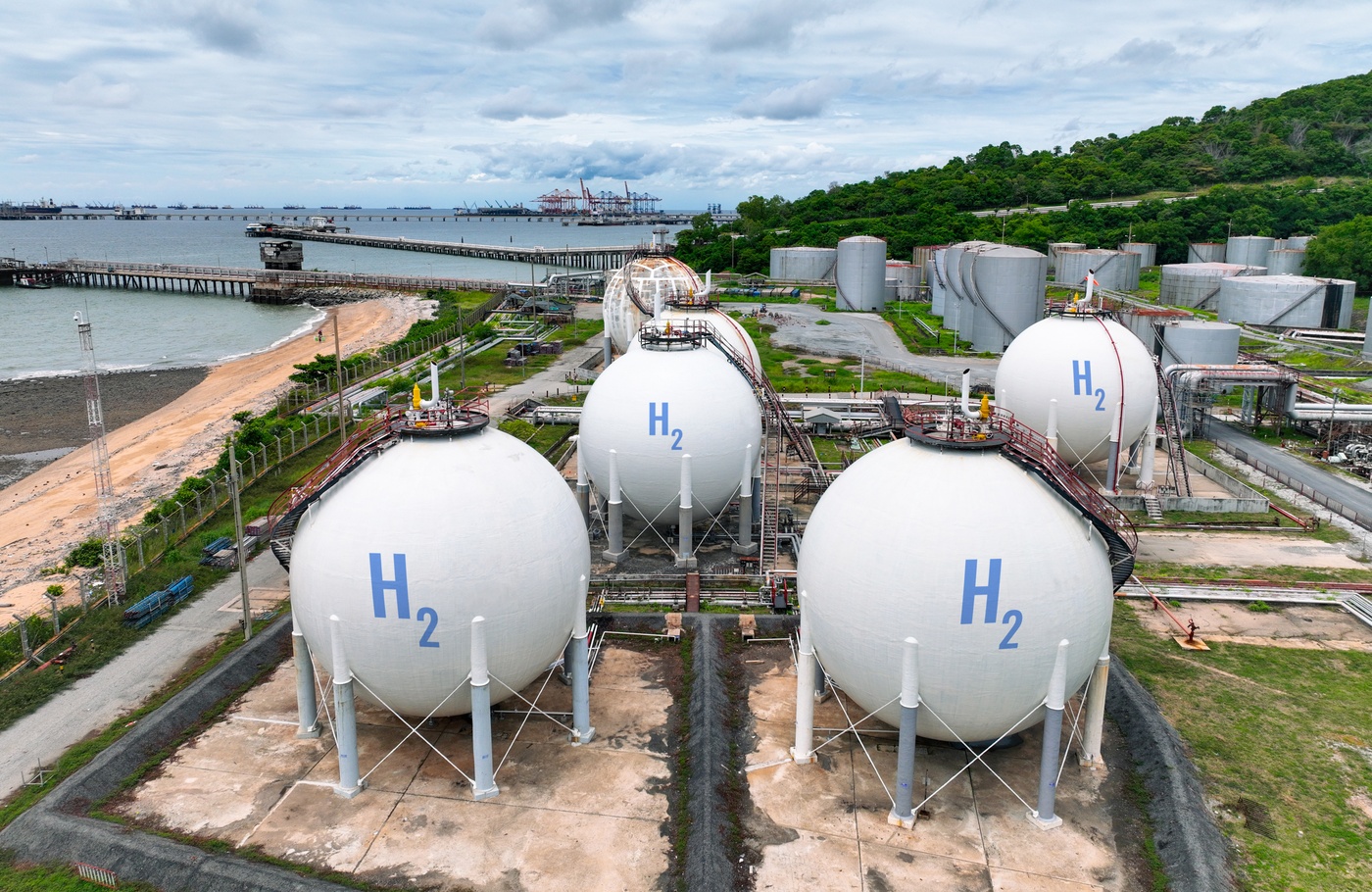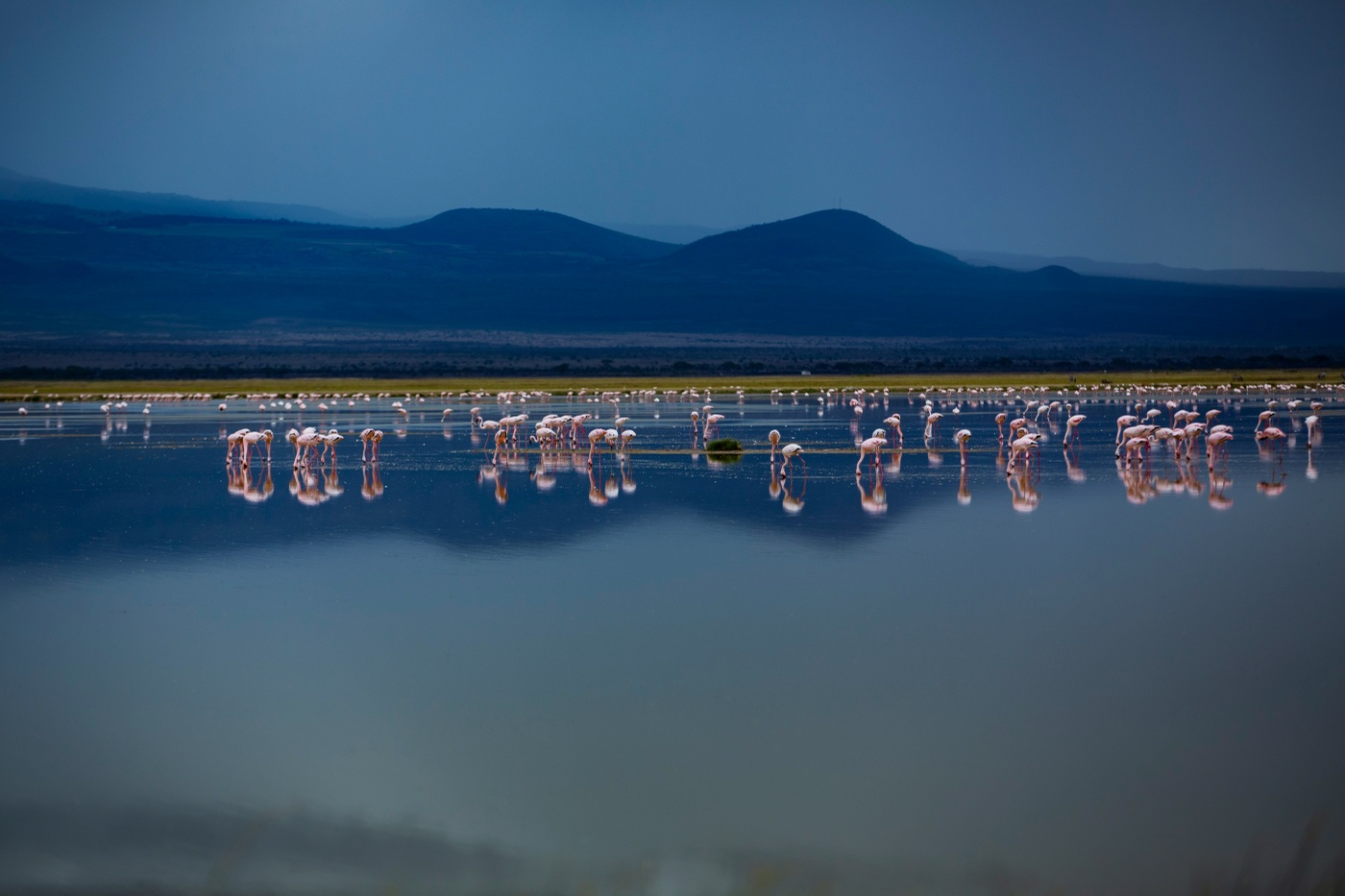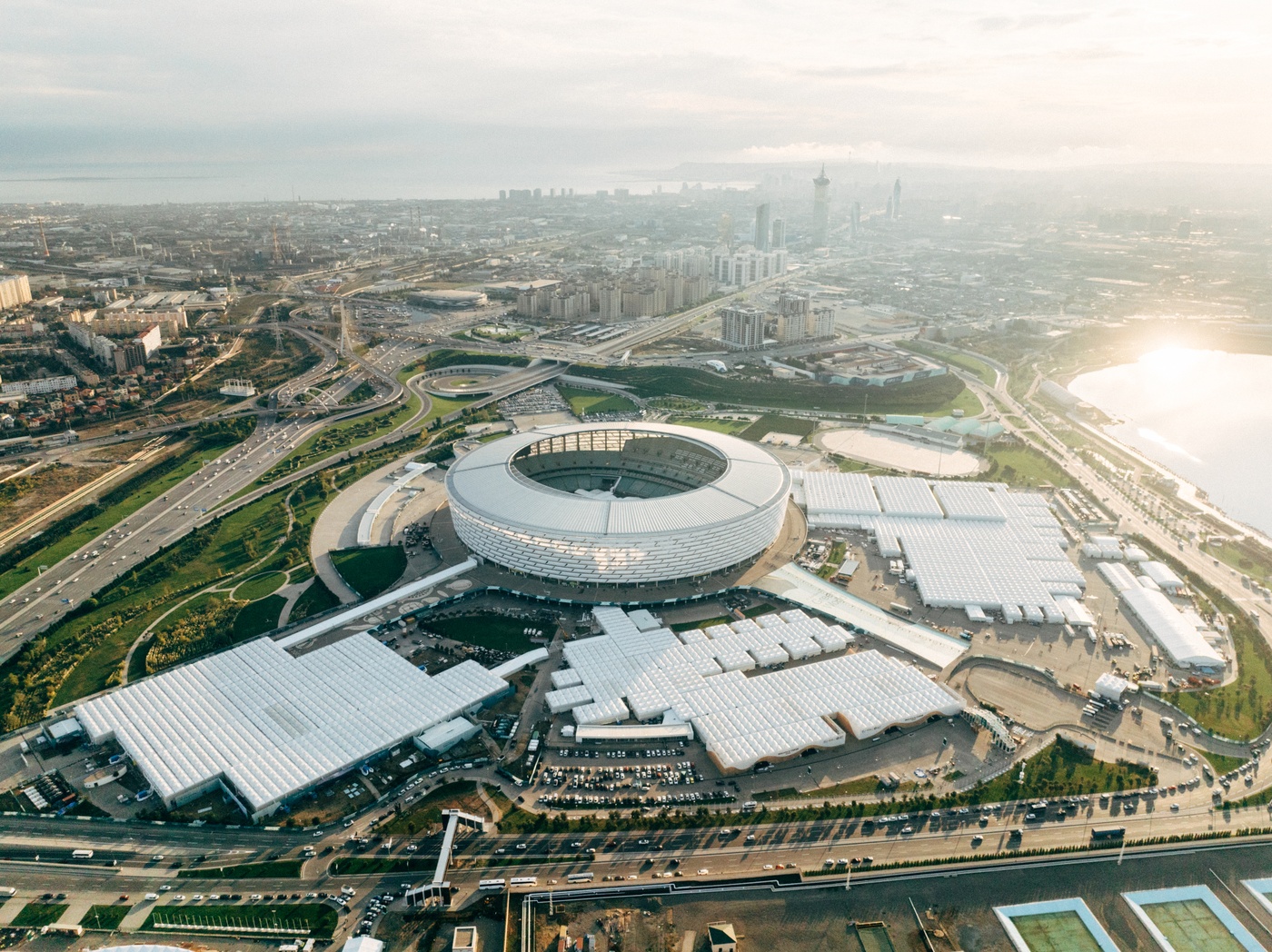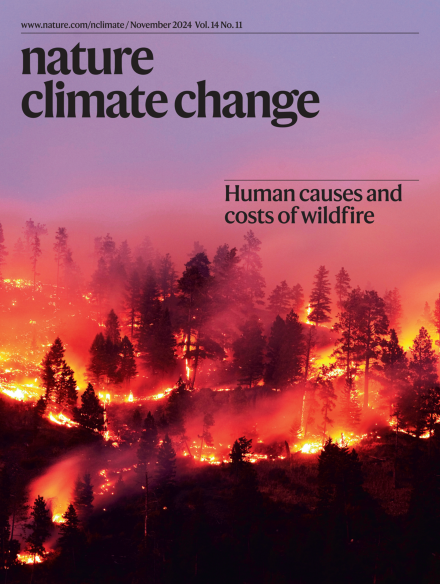What are transformation pathways to a sustainable management of the atmosphere and biosphere as global commons, and what do we gain compared to alternative development pathways transgressing planetary boundaries?
Societies around the world are facing the task to rapidly reduce greenhouse gas emissions to limit the adverse impacts of climate change. Research Department 3 (RD3) aims to provide an integrated perspective on climate change mitigation and climate change impact pathways to inform their choices. Climate protection may have costs, but unabated climate change can have strong adverse effects on economic development; loss of biodiversity is amplified by climate change, but could also be increased by certain mitigation strategies relying on the use of land; climate protection might create winners and losers, but climate change itself will have strong distributional impacts and affect low income groups disproportionately. An integrated perspective on all of these aspects is needed.
RD3 particularly addresses the following research topics:
- Development of integrated climate protection and climate impact pathways. Evaluation of mitigation strategies and remaining impacts with regard to socio-economic development, distributional effects and planetary integrity.
- Societal impacts of climate change. Assessment of climate change as a potential driver of migration, displacement, and conflict.
- Sustainable land use. Evaluation of land-use transformation pathways exploiting mitigation potential while at the same time ensuring biosphere integrity.
- Sustainable energy use. Exploration of transformation pathways towards sustainable and carbon-neutral energy use taking into account their resource use and environmental footprint.
- Policy strategies for climate protection pathways. Analysis of regulatory and economic climate policy instruments with regard to their efficiency and distributional implications.
For the analysis of climate protection and sustainable development pathways, RD3 research builds on, inter alia, the energy-economy model REMIND, the land-use model MAgPIE driven by inputs from PIK’s land biosphere model LPJmL, and a combination of these models forming the Potsdam integrated assessment modelling framework (PIAM). For the analysis of climate risks, RD3 research builds on biophysical impact projections from the Inter-Sectoral Impact Model Intercomparison Project ISIMIP and the derivation of socio-economic impacts based on process-based or empirical models developed in RD3.
The chart below illustrates the organisational structure of the Research Department. More information on the structure and on each of the Working Groups can be found in the research section.
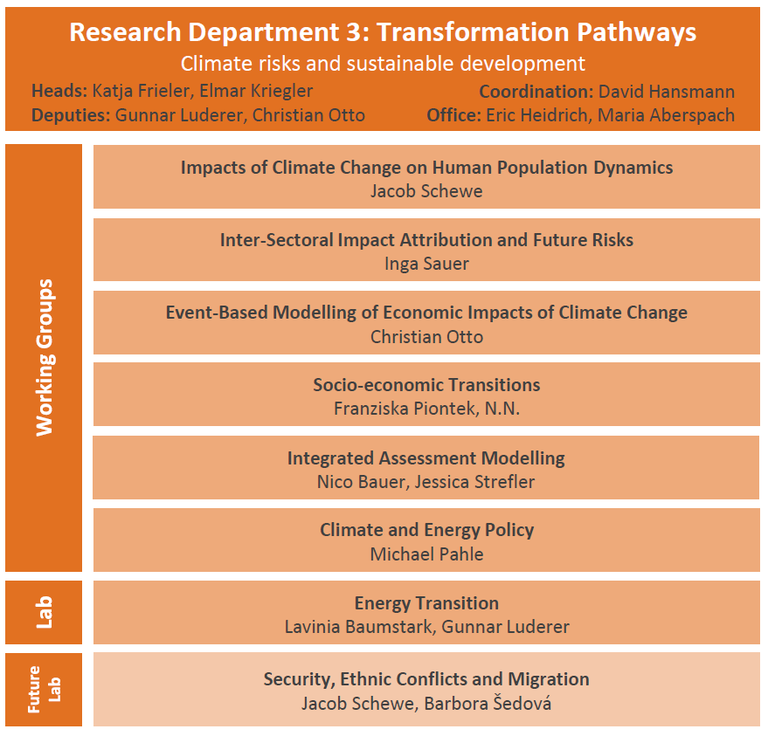
Scientific Coordination:
David Hansmann
Phone.: +49 (0)331 288 20790
Office:
Maria Aberspach
Phone: +49 (0)331 288 2676
Eric Heidrich
Phone: +49 (0)331 288 2420
Email: rd3koord@pik-potsdam.de


